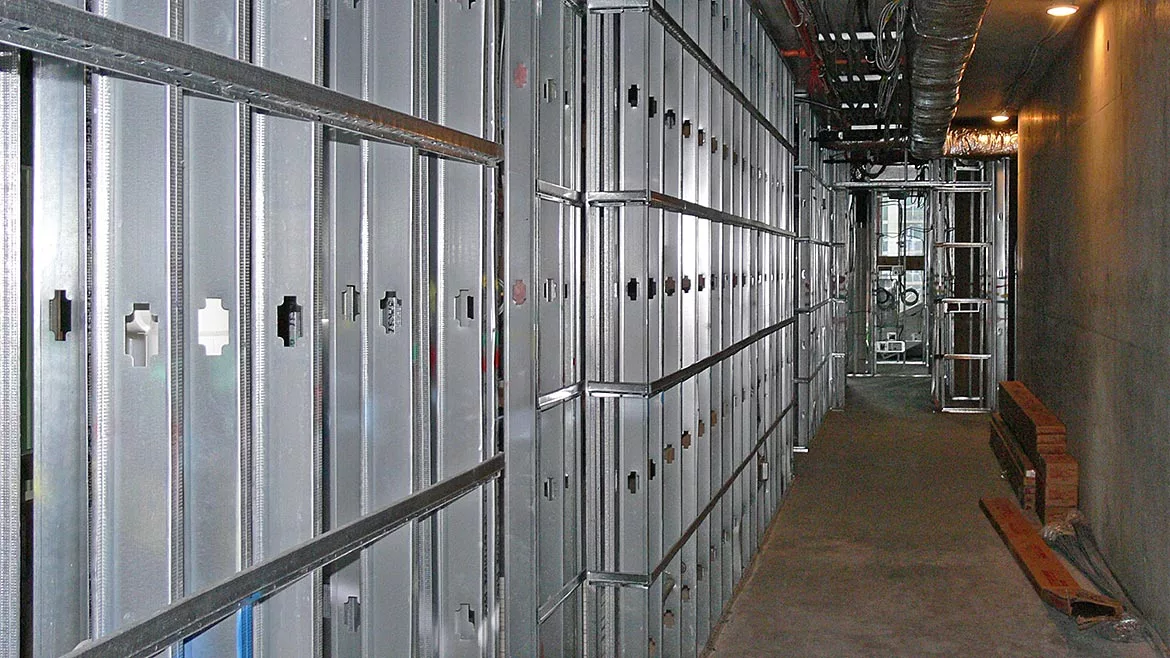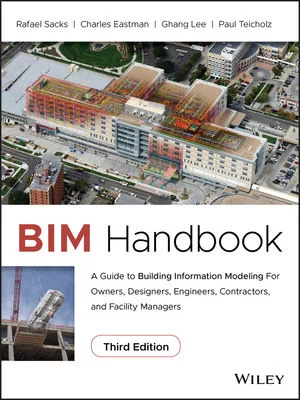If Walls Could Talk
New Legislation and OSHA Reforms Offer Major Relief for Contractors
In this episode of If Walls Could Talk, Jill Bloom, Group Publisher of Walls & Ceilings and Roofing Contractor, welcomes recurring guest Trent Cotney, partner at Adams and Reese, to discuss the implications of a newly passed legislative bill and recent OSHA enforcement changes that directly impact contractors.

Breaking Down the Big Beautiful Bill and OSHA Enforcement Update
Construction attorney Trent Cotney outlines key tax benefits and workforce development provisions in a new federal bill, along with recent OSHA enforcement changes that offer significant relief and opportunities for contractors.
Cotney begins by breaking down a massive new bill—over 1,000 pages long—that was surprisingly passed before the July 4th deadline. The legislation includes several key tax changes that benefit both individuals and contractors. Among the highlights are the elimination of taxes on tips and overtime, deductions for American-made personal vehicles (including trucks), and an expanded state and local tax (SALT) deduction cap of up to $40,000. For business owners, a major win is the permanent extension of the Section 199A 20% pass-through deduction, which benefits S-corporations and similar entities. There are also updates to Section 179 expensing and incentives for research and development, though some of these will begin phasing out in 2026.
A particularly noteworthy update is the expanded use of Section 529 plans and Pell Grants for short-term vocational training and apprenticeships. Cotney sees this as a pivotal moment in workforce development, recognizing that college is no longer the only path to success and supporting skilled trades training as a viable and valuable alternative.
On the regulatory front, Cotney discusses new OSHA enforcement guidance issued in mid-July. Under the Trump-era focus on deregulation, OSHA has updated internal policies that now allow for significant penalty reductions for small businesses—up to 70% for those with 25 or fewer employees. Additional reductions include 15% for immediate hazard abatement and 20% for first-time citations. These changes reflect a more business-friendly approach, aiming to enforce safety without financially crippling small companies.
Cotney advises contractors to remain proactive with safety programs and to educate supervisors on handling OSHA inspections. If cited, contractors shouldn’t just focus on monetary penalties but also pay attention to how the citation is characterized, as repeat violations can have long-term financial and reputational impacts.
The episode concludes with a reminder that contractors should consult their CPAs to understand how to leverage the new bill's provisions effectively. Cotney also invites listeners to contact him directly for legal guidance, emphasizing the importance of staying informed and prepared in today’s complex regulatory and economic environment.
Looking for a reprint of this article?
From high-res PDFs to custom plaques, order your copy today!











